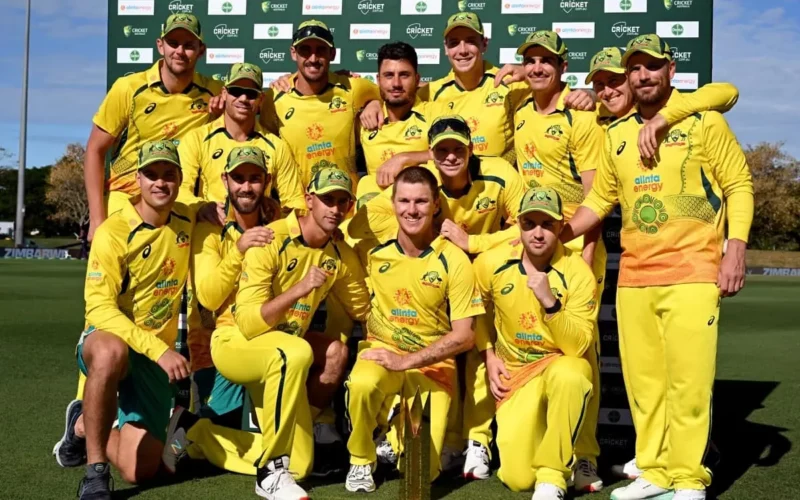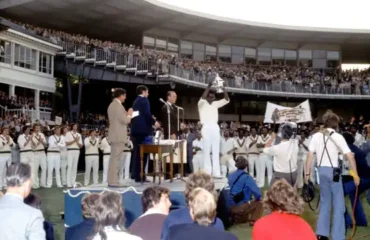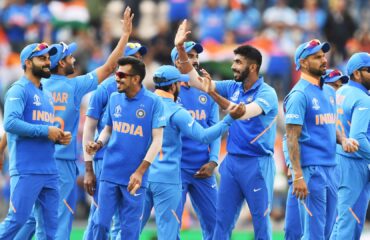The Cricket World Cup, one of the most prestigious tournaments in international cricket, has a storied history that dates back to its inception in 1975. The idea of a global cricket competition was conceived by the then-ICC Secretary, Sir Donald Bradman. The first Cricket World Cup was hosted by England, featuring eight participating teams – West Indies, Australia, England, Pakistan, India, East Africa, Sri Lanka, and a composite team representing the International Cricket Conference.
The inaugural tournament marked a turning point in cricket, providing a platform for countries to compete at the highest level. West Indies, led by Clive Lloyd, emerged as the champions, defeating Australia in the final at Lord’s. Lloyd’s innings of 102 runs in the final is etched in cricket history as one of the most powerful and influential knocks.
The World Cup became a quadrennial event, with subsequent editions witnessing the expansion of participating teams and the introduction of new cricketing nations. The tournament gained prominence, showcasing unforgettable moments and performances. India’s triumph in 1983, under the captaincy of Kapil Dev, remains an iconic moment, as the underdogs defeated the West Indies in the final at Lord’s.
The 1992 World Cup in Australia and New Zealand marked the introduction of floodlit day-night matches and colored clothing. Pakistan, led by Imran Khan, clinched the title, further globalizing the sport. Subsequent editions saw Australia establishing dominance, with three consecutive World Cup victories in 1999, 2003, and 2007.
Page 2: Dominant Teams and Memorable Moments
Australia holds the record for the most Cricket World Cup victories, having won the tournament five times (1987, 1999, 2003, 2007, and 2015). Their era of dominance, led by captains such as Steve Waugh and Ricky Ponting, showcased a formidable team with a blend of experienced players and emerging talents.
West Indies, despite their early success in the first two editions, have not replicated their dominance in recent years. India, on the other hand, has emerged as a cricketing powerhouse, winning the World Cup twice – in 1983 and 2011. India’s triumph in 2011, under the leadership of MS Dhoni, featured a memorable final against Sri Lanka at Wankhede Stadium in Mumbai.
Other teams that have tasted success in the Cricket World Cup include Pakistan (1992) and Sri Lanka (1996). The tournament has also seen the rise of new contenders, with teams like New Zealand consistently performing well in recent editions.
Australia’s continued success and India’s rise to cricketing prominence have marked a shift in the sport’s landscape. The Cricket World Cup remains a stage where cricketing nations showcase their talent, and each edition adds new chapters to the tournament’s history.
The upcoming editions of the Cricket World Cup are anticipated to bring more excitement and drama, with teams vying for cricket’s ultimate prize on the global stage. The tournament’s history is a testament to the ever-evolving nature of the sport, with nations continuously striving for glory and cricket fans eagerly awaiting the next memorable moment in this prestigious competition.




